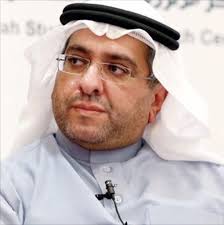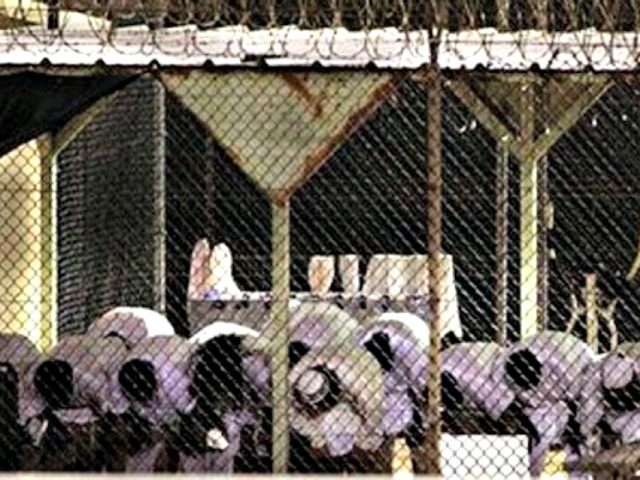by Mansour Alnogaidan
 Eid Al Fitr 1997 occurred during a rainy winter. It was a sad Eid for the prisoners in cell number five, division two of Al Ruwaish Prison in Jeddah. Our small cell included youth, adults, and seniors; a mix of jihadists, common criminals, Muslim Brotherhood members who followed the Turabi current, a senior Libyan in his sixties, and two teenagers. One day Abu Sa’id, a young man among us, remained in bed, his body covered in his sheets, his face covered in tears. It took us an hour to calm him down.
Eid Al Fitr 1997 occurred during a rainy winter. It was a sad Eid for the prisoners in cell number five, division two of Al Ruwaish Prison in Jeddah. Our small cell included youth, adults, and seniors; a mix of jihadists, common criminals, Muslim Brotherhood members who followed the Turabi current, a senior Libyan in his sixties, and two teenagers. One day Abu Sa’id, a young man among us, remained in bed, his body covered in his sheets, his face covered in tears. It took us an hour to calm him down.
He began reciting almost 70 verses of poetry which he had written on napkins with a pen he had found by chance. It was a long poem of love and yearning for his wife of only two years.
The elderly Libyan, by contrast, was illiterate. He knew only how to perform prayers, and often made sarcastic comments about the young man’s divergent way of thinking and questionable religiosity. Some of us would get irritated with the Libyan. Abu Sa’id used to tell us, by way of reassurance, that at the core of faith lies positive thinking and the virtue of ignoring what upsets us. He admired the seminal Egyptian diva Um Kulthum, and often recited her lyrics in moments of serenity.
Abu Sa’id was released one year after that sad Eid. A few months later, he died in a car accident.
For years I wondered whether he had been on the path toward moderation. Was he spending time in a cocoon, soon to be reborn? Perhaps. Or would he have relapsed to the state that led him to prison in the first place, under the toxic influences that dominated, at the time, every sector of inculcation in the country — from mosques to schools to universities? Would he have been exposed to the tide that swept away so many of his generation, after September 11th — the ones who went on to repeat the same mistakes? That too would have been a distinct possibility.
Like others who knew him, I have found myself picturing various possible scenarios of the future he never had. How would his life have turned out if he were granted one day free of the ideologies that stole two and a half years of his life? He might have become one of the writers or intellectuals who today are standing up to the monstrosity of political Islam. Or he might have been vacillating, as so many do, between the Muslim Brotherhood and Al-Qaeda. He might have been like one of the many hypocrites who deceived us — infatuated with the likes of Sayed Qutub, Al-Baghdadi, and Bin Laden on the one hand, while drinking heavily, having sex promiscuously, and cheating people out of their wealth and property in the name of religion on the other, and all the while teaching impressionable teenagers to lust after blood and death.
Many extremists are very polite people who nonetheless feel at ease slaughtering anyone they view as an enemy of their faith. They may pray all night and fast all day. They may reject financial dividends and interest as unIslamic. Yet they find no wrong in the theft of public assets or destruction of personal property if the victims are deemed heretical.
On that same Eid morning, there was another lover among us who almost rivaled Abu Sa’id in his kindness — but since 1998 he has spent over tens years more in prison for collecting funds for violent attacks. He hurt and disappointed his father, lost his family, and betrayed his country.
To be continued …










